In this riveting episode, we delve into the complex world of cults and high control groups with Dr. Janja Lalich, a distinguished professor emeritus and renowned cult expert. Dr. Lalich shares her personal journey from a cult member to a leading authority in the field, offering unique insights into the mechanisms of control and manipulation employed by cult leaders. We explore the psychological underpinnings that make individuals susceptible to cults, the devastating impact on those who escape, and the challenges they face in recovery. With a focus on the evolving nature of cults in the digital age, Dr. Lalich discusses the role of the internet in facilitating new forms of coercion and control. From the infamous Nexium to the alarming rise of internet-based cults, this episode sheds light on the pressing need for education, awareness, and legal measures to combat these high control groups. Join us for an enlightening conversation that not only demystifies the world of cults but also empowers listeners with knowledge to recognize and resist undue influence.
Did you enjoy this article? Checkout the podcast here: https://gettherapybirmingham.podbean.com/
Bibliography:
Lalich, J. (2004). Bounded Choice: True Believers and Charismatic Cults. University of California Press. Lalich, J., & Tobias, M. (1994). Take Back Your Life: Recovering from the Influence of Cults and Abusive Relationships. Bay Tree Publishing. Lalich, J. (2018). Escaping Utopia: Growing Up in a Cult, Getting Out, and Starting Over. Routledge. Hassan, S. (2015). Freedom of Mind: Helping Loved Ones Leave Controlling People, Cults, and Beliefs. Freedom of Mind Press. Singer, M. T., & Lalich, J. (1995). Cults in Our Midst: The Continuing Fight Against Their Hidden Menace. Jossey-Bass. Barker, E. (1984). The Making of a Moonie: Choice or Brainwashing?. Blackwell.
Further Reading:
Lifton, R. J. (1989). Thought Reform and the Psychology of Totalism: A Study of “Brainwashing” in China. The University of North Carolina Press. Anthony, D., & Ecker, B. (1987). The Anthony Typology: A Framework for Assessing Spiritual and Consciousness Groups. Cultic Studies Journal, 4(1), 30-71. Richardson, J. T. (1993). Definitions of Cult: From Sociological-Technical to Popular-Negative. Review of Religious Research, 34(4), 348-356. Bromley, D. G. (1998). The Politics of Religious Apostasy: The Role of Secular Authorities in the Promotion of Conversion from Religious Movements. Praeger. Bromley, D. G., & Shupe, A. D. (1981). Strange Gods: The Great American Cult Scare. Beacon Press. Galanter, M. (1999). Cults: Faith, Healing, and Coercion. Oxford University Press.





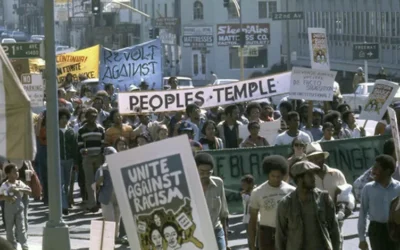

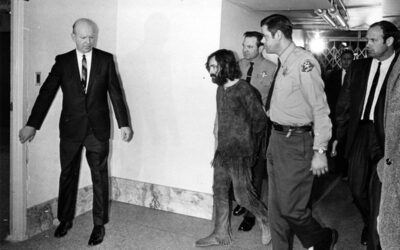



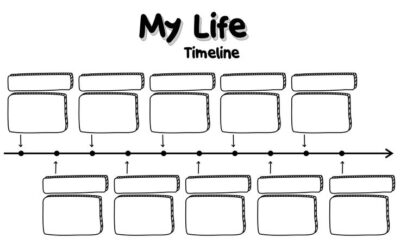





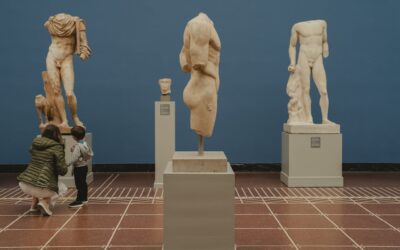
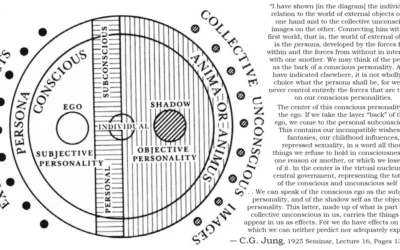

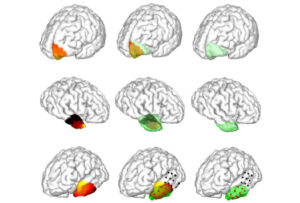

0 Comments